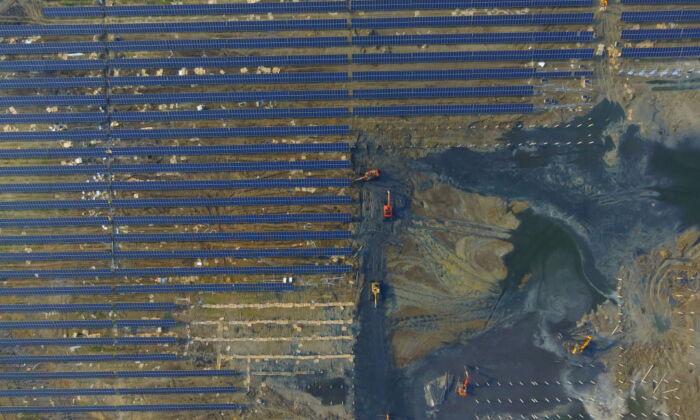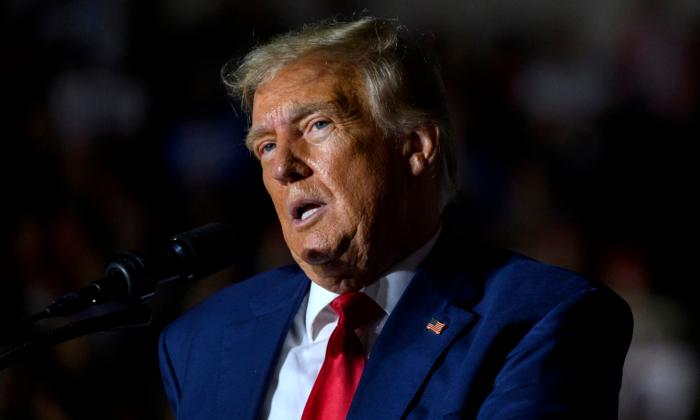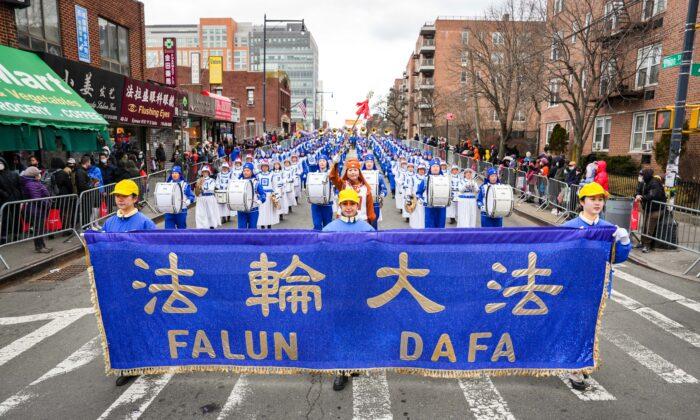The Chinese regime is financially supporting domestic clean energy industries in a bid to dominate the global market, forcing the world to become dependent on the regime as the appetite grows for alternatives to fossil fuels, according to an expert.
China is the world’s largest manufacturer of wind turbines and solar panels. It produces more than 70 percent of the materials and parts for solar panels around the globe.
But China’s dominance in solar power was achieved through an abundance of state support, according to Li Linyi, a U.S.-based China affairs commentator.
“This is essentially a form of asymmetric competition—competing with the private sector through state subsidies and administrative intervention,” he said.
“The Chinese Communist Party first props up a large industry by subsidies, then squeezes out almost all competitors worldwide, making the whole world dependent on the supply chain controlled by the Chinese Communist Party.”
When the regime eventually monopolizes the global market, it then raises prices or uses that power to coerce countries to extract political concessions, Li said.
Human Rights Abuses
The regime’s forced labor practices in the far western region of Xinjiang have also cast a shadow on its solar panel industry. Nearly half the world’s polysilicon supply, the key raw material used to produce solar panels, is produced in the region.In Xinjiang, the Chinese regime has detained more than 1 million Uyghurs and other Muslim minorities in a network of internment camps, where they are subjected to torture, political indoctrination, and forced labor.
“Reports show that many solar companies rely on materials and labor from Communist China’s Xinjiang province, which is known for forced labor and horrific abuse of the Uyghurs,” Sen. Rick Scott (R-Fla.) said in a statement at the time.
“No taxpayer dollars should be used to prop up the Communist Party of China, which is committing a genocide against the Uyghurs under General Secretary Xi’s direction.”






Friends Read Free